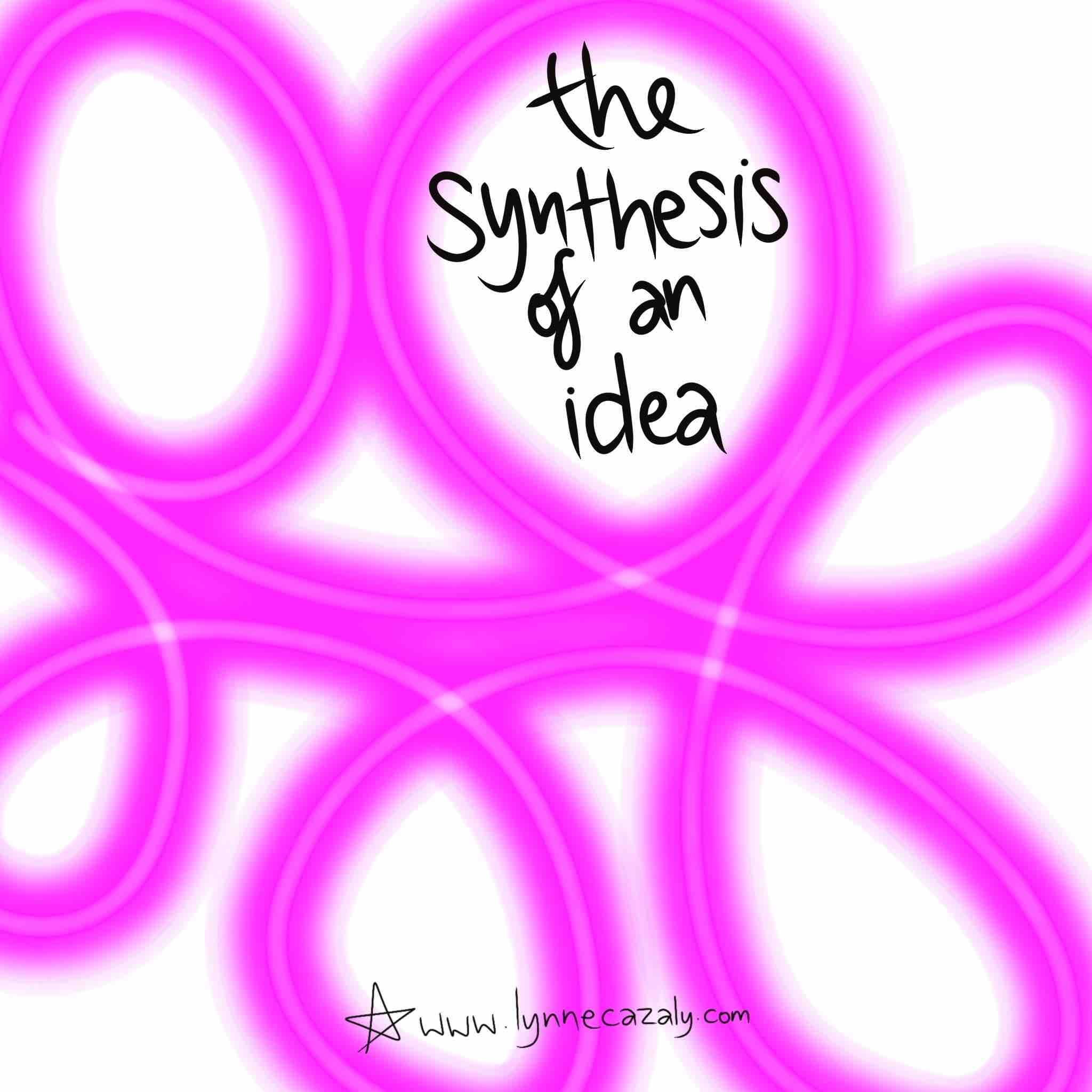The load we create and allow
 Monday, August 17, 2020 at 8:54AM
Monday, August 17, 2020 at 8:54AM If you or your team are still having back-to-back meetings throughout the day, stop! Please?
The blend of one meeting into the next does nothing for cognitive load coping. Our overload stays in overload because there’s no chance to ... unload.
That means when you want to get great ideas and contributions from the team, they won’t have them.
When you want them to work on planning, collaborating or decision-making, they won’t have the space and attention for it.
We may think people are disconnected or disengaged when they could be cognitively overloaded.
For clearer and fresher thinking, invite, welcome and encourage breaks between (and within) meetings.
Even a few minutes makes a difference.
Create a break:
⏰ Start meetings off the hour at 10 past.
⏰ Finish meetings prior to the hour.
Working back-to-back isn’t smarter, particularly when you’re already overloaded.
It might feel busy and important.
Instead, it’s overloading the system... our system. Us.





















